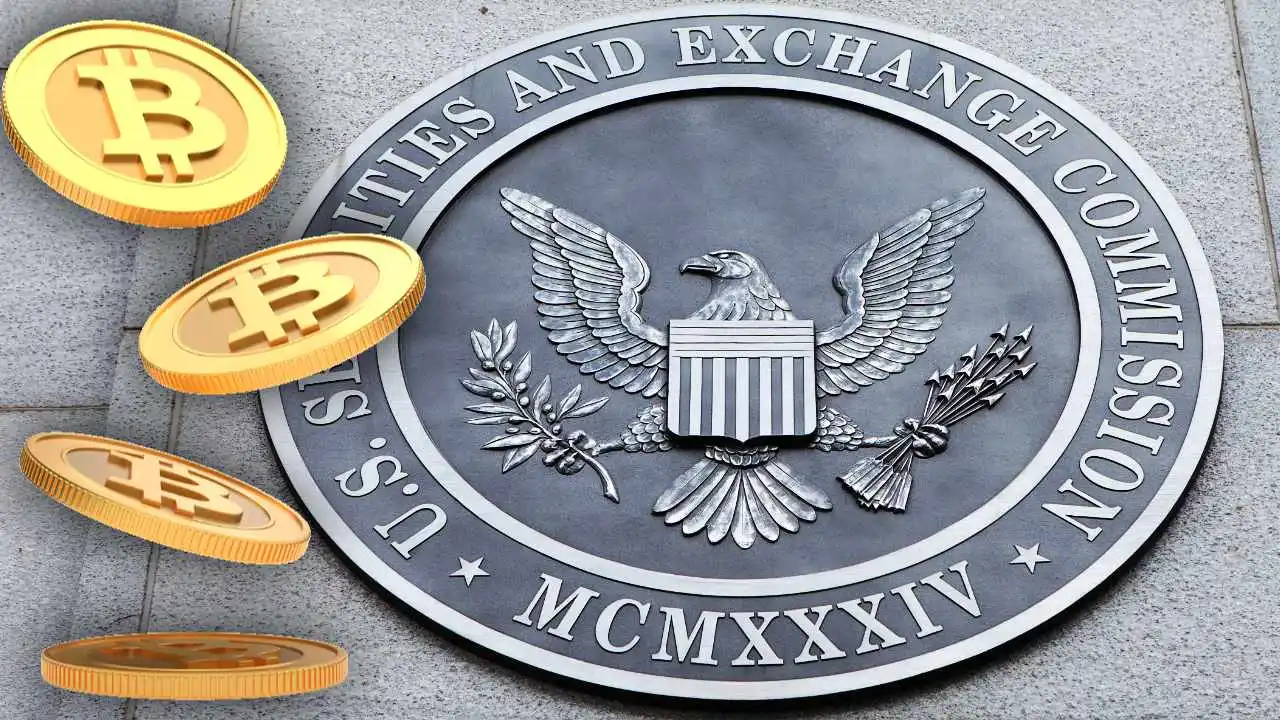Sam Trabucco’s Settlement Proposal Includes $8.7 Million in Assets Amid FTX Bankruptcy Proceedings
-
Former Alameda Research co-CEO Sam Trabucco is set to transfer $8.7 million in real estate and a yacht as part of a bankruptcy settlement with FTX.
-
This agreement comes after extensive negotiations, providing a significant financial injection amid the ongoing FTX bankruptcy proceedings.
-
According to the settlement document, “the agreement delivers significant value for the Debtors’ and FTX DM’s stakeholders without the delay and cost of litigation.”
Former Alameda co-CEO Sam Trabucco will forfeit $70 million in claims and transfer assets in a settlement amid FTX’s bankruptcy proceedings.
Settlement Details: What Does Sam Trabucco Stand to Lose?
The proposed settlement between Sam Trabucco and FTX marks a crucial step in the company’s ongoing bankruptcy process. As part of the agreement, Trabucco will not only hand over two luxury apartments in San Francisco valued at $8.7 million but also a 53-foot yacht. This significant turnover is seen as a strategic move to facilitate the reorganization efforts of FTX Digital Markets.
The court has approved this arrangement, which is being hailed for its efficiency, avoiding the lengthy and costly litigation process. Following his resignation in August 2022, Trabucco’s departure coincided with the significant downturn of both FTX and Alameda Research, further complicating the financial landscape of crypto trading firms.
Background: The Role of Alameda Research in FTX’s Collapse
Founded by Sam Bankman-Fried, FTX and Alameda Research were interconnected entities that significantly influenced the cryptocurrency market. The revelation of their close ties had far-reaching implications. After Trabucco’s resignation, he notably purchased a yacht, a move that elicited remarks from his former colleague Caroline Ellison, who wished him well in his new venture.
In June 2023, Trabucco submitted claims worth approximately $70 million against FTX, but the settlement now necessitates the disallowance of these claims as part of his agreement. The settlement will allow Trabucco to transfer all rights related to these claims back to the bankruptcy estate.
Implications for FTX Creditors and Stakeholders
With the recent developments in the FTX bankruptcy case, creditors are beginning to see the fruits of a reorganization plan that aims to distribute funds efficiently. A U.S. bankruptcy judge approved this plan in October, allowing for a distribution to customers affected by the collapse of FTX.
Critically, it has been reported that about 98% of creditors are expected to receive at least 118% of their claim value in cash, a positive outlook for those previously uncertain about their investments. The distribution plan has seen considerable support, with approximately 94% of creditors voting in favor of the arrangement.
Challenges Ahead: Distribution of Funds in a Digital Era
Despite the favorable reception of the reorganization plan, it has faced its share of criticism over its methodology. Notably, there’s been pushback regarding the decision to distribute funds in fiat currency rather than cryptocurrencies. This choice has raised concerns about the long-term value retention of distributed funds, as the cryptocurrency market can be volatile.
Moreover, as FTX continues to navigate this complex landscape, the actual impact on its creditor base will become clearer, especially concerning how these distributions perform against a backdrop of continuing crypto market fluctuations.
Conclusion
In summary, the proposed settlement involving Sam Trabucco is a pivotal element in the FTX bankruptcy saga. By relinquishing significant assets and claims, Trabucco’s actions will likely enable smoother proceedings for FTX Digital Markets as they seek to alleviate the financial burden on their creditors. As the bankruptcy unfolds, stakeholders remain hopeful that this resolution will provide clarity and financial restitution in an otherwise turbulent crypto landscape.
Disclaimer: The content of this article solely reflects the author's opinion and does not represent the platform in any capacity. This article is not intended to serve as a reference for making investment decisions.
You may also like
The Daily: ECB President Lagarde rejects bitcoin for Eurozone reserves while the Czech central bank considers it and more
European Central Bank President Christine Lagarde said bitcoin is not an option as a reserve asset for the Eurozone’s central bank reserves, citing liquidity, security and regulatory concerns.Meanwhile, the Czech National Bank approved a proposal from Governor Aleš Michl to assess diversifying some of its country’s reserves into bitcoin.

'Inevitable collapse': Trump’s crypto push sparks concern at Paul Singer's Elliott Management: FT
The hedge fund said in a new investor letter that the “inevitable collapse” of the crypto bubble “could wreak havoc,” according to the Financial Times.Elliott’s Paul Singer has never been a fan of crypto, telling WSJ in 2023 that cryptocurrencies are “completely lacking in any value.”

Kiyosaki Dumps Gold and Silver, Projects Bitcoin at $250K by 2025

Bulls Eye Reversal as Solana Tests Support After 25% Drop

